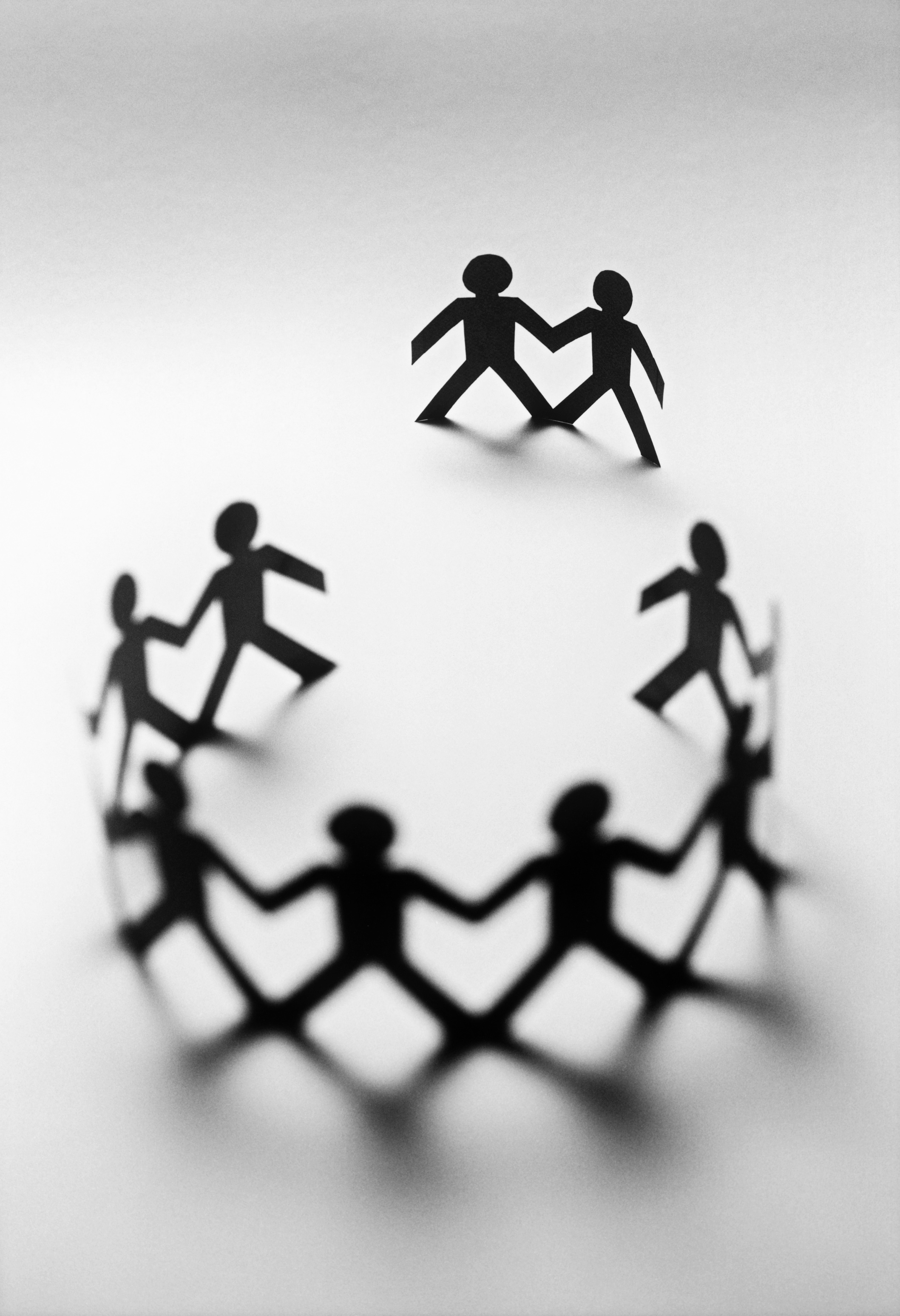When a workplace tragedy occurs a whole cast of characters appear. In our context the first will be the harmed loved one; then immediate family members; next, members of the extended family; followed by coworkers, medical services, investigators of various kinds, friends, neighbours and acquaintances.
Our experience of the tragedy event finds us thrust into chaos which now becomes our normal, our new reality – the loved one is no longer with us; the diagnosis has changed our life expectancy and expectations; the effects of the injury require us to do and be differently. It is not the normal of the past. It is the upset of today with all its challenges, frustrations and heart break.
Emotionally we experience being plunged into confusion, gloom and fear. The emotional response dominates our decision making or lack of it. Our emotional pain is so great that we can only cope by not coping. The previous routines of daily life are disrupted. Food and comfort come from the hands and hearts of family and friends.
Among our metaphoric cast of characters there is a group of participants in the tragedy situation that may be thought of as bystanders. These will include friends, acquaintances, co-workers (ours and those at the tragedy worksite) and more distant relatives. They know of and may even have been present at the time of the event or its immediate aftermath. These indirect participants are able to carry on with their lives little affected by the tragedy event. They continue living based on how things were before the tragedy and they are expecting we will be getting back to that.
In contrast we have a very different post-tragedy view of life and living. Our situation is changed forever and is following a path they will have difficulty understanding or relating to.
A bystander’s lack of direct involvement lets them say things over the next weeks and months that we find irritating, frustrating and angering. Phrases like, “aren’t you back to normal yet,” or “you need to get over it,” or “isn’t there a cure for that” or “why is the rehab taking so long?” and other similar discouraging comments. Their lack of experience with tragic events lets them say unhelpful words.
Bystanders do not know that empty space we feel in our hearts. While our normal always includes the missing loved one, the diagnosis, the effects of the injury, theirs does not. To them our loss is more like someone moving away or leaving the club or work place. Noticed, but then they carry on with their day to day activities.

- Another beginning - March 23, 2019
- Book review: Option B - May 22, 2018
- Responding to well-meaning (but frustrating) people - November 18, 2015

 Find Support
Find Support Donate
Donate